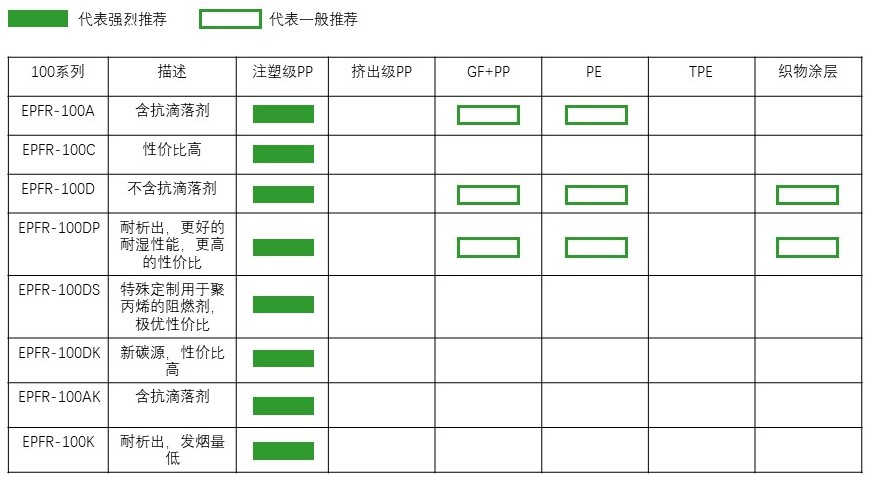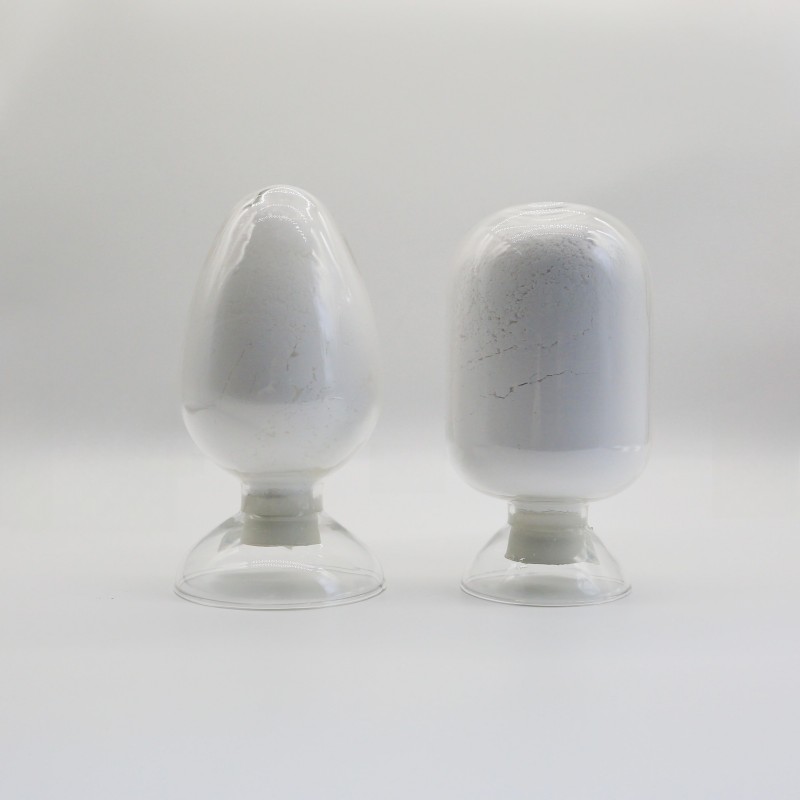EPFR-110DN
Preniphor™ EPFR-110 series function in condensed phase. At lower temperature, acid source generates acid acts as dehydrant to esterify polyol (carbon source). At high temperature, esterification happens between acid and polyol. Meanwhile, nitrogen containing material in the system catalyzes and fastens the esterification. And the substrate melts during this period. Water gases and incombustible gases produced by reaction will swell the melt substrate. And polyol and ester dehydrate and carbonize to form inorganic materials and char, which protects the substrate from heat and oxygen to inhibit further burning.

Flame retarded mechanism of intumescent flame retardants
Preniphor™ EPFR-110 series function in condensed phase. At lower temperature, acid source generates acid acts as dehydrant to esterify polyol (carbon source). At high temperature, esterification happens between acid and polyol. Meanwhile, nitrogen containing material in the system catalyzes and fastens the esterification. And the substrate melts during this period. Water gases and incombustible gases produced by reaction will swell the melt substrate. And polyol and ester dehydrate and carbonize to form inorganic materials and char, which protects the substrate from heat and oxygen to inhibit further burning.
Advantages
Low loading
Excellent processibility
Good mechanical properties
Good color stability
Low smoke and toxicity
Halogen free and eco-friendly
High flame retarding efficiency






